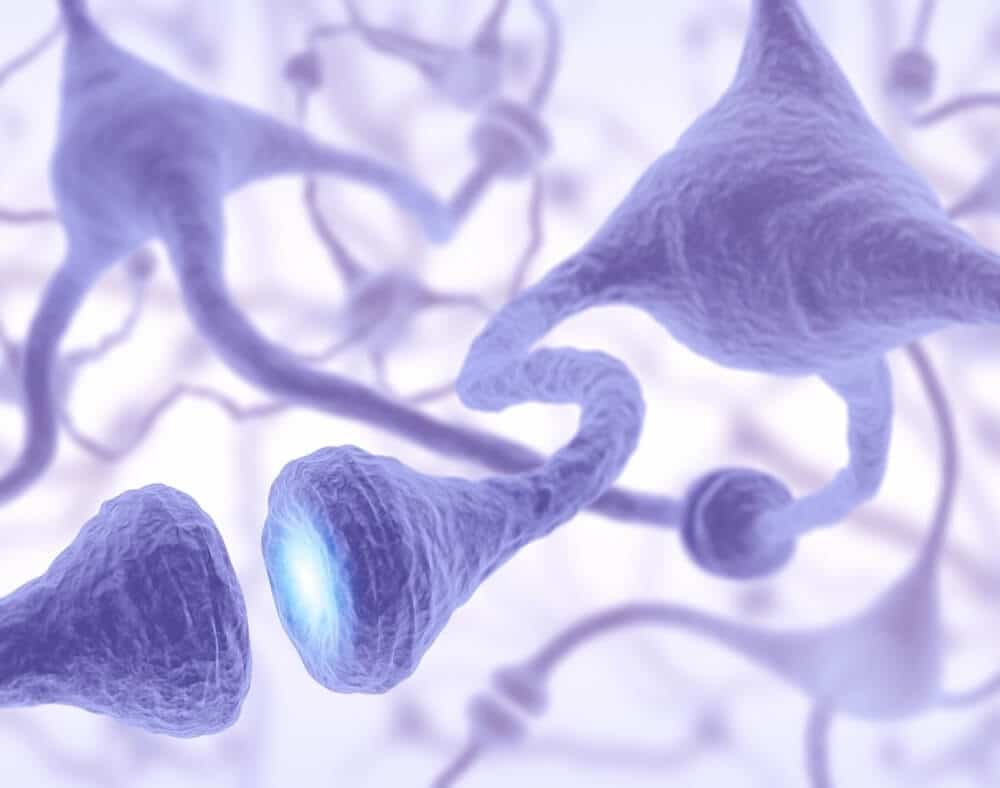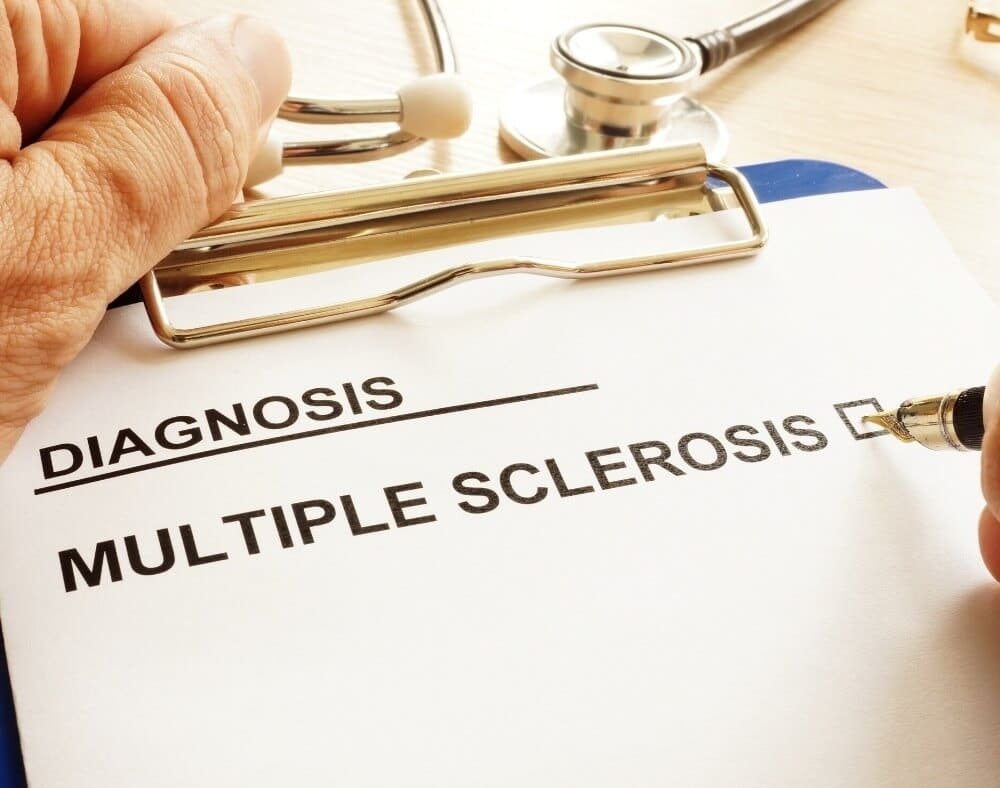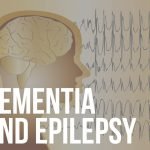Several studies have been conducted to investigate the link between dementia and multiple sclerosis.
Dementia is not a specific disease but a group of conditions that are characterized by impairment of various brain functions like judgment and memory loss amongst others.
Multiple Sclerosis (MS) can be described as a neurological condition where the immune system attacks the human body. This leads to a process known as demyelination.
Note that nerve cells are covered in myelin which is a fatty protective coating.
This allows messages to travel faster between the brain and nerve endings. Myelin sheath found on the nerve cells is damaged when demyelination happens.
This can cause damage to the nerve cells leading to a wide range of mental and physical symptoms. Sclerosis stands for lesions or scars that appear in the white matter section of the brain.
Contents
Comparison of Dementia and Multiple Sclerosis
MS affects individuals in different ways. Some will experience loss of coordination, weakness, paralysis, and neuropathic pain.

Many people with MS will end up developing cognitive symptoms.
Cognition is how well memory works and the ability to think things through. It is also about how people maintain attention, focus, remember new things, learn, solve problems, use and understand language, reason, and carry out activities, etc.
Based on various studies with statistics varying depending on the type of study, experts estimate that about 40-60% of persons with MS experience cognitive impairment.
Another difference between dementia and multiple sclerosis is the age of diagnosis.
With dementia, many people will get the disease when they are older. This is different from MS because it mostly affects younger people.
Differences between Dementia and Multiple Sclerosis

One of the major differences between the two illnesses is the fact that brain damage in dementia is different from that of multiple sclerosis.
While some people with MS may showcase cognitive problems like slowed thinking, poor focus, and fuzzy memory, the symptoms are normally mild and do not affect daily life.
With dementia, everyone with the illness will have problems with their day-to-day lives.
Also, as the disease progresses, they may have to be fully dependent on caregivers for activities of daily life.
In most cases, multiple sclerosis will not hurt long-term memory or a person’s intelligence.
Experts also agree that MS does not majorly affect the ability to read or carry conversations. These are things that dementia changes.
Similarities between Dementia and Multiple Sclerosis

It is common for people with dementia to have communication problems.
In the beginning, they may have trouble understanding what people are saying.
They may also have a hard time using the right words to complete sentences; thus, making it hard to have conversations with others.
This also happens to people who have multiple sclerosis especially the ones who develop cognitive issues like blurred thinking.
This is where they will have challenges with finding the right words to say. They may also forget tasks they have already done or the things they need to do.
A high percentage also struggle to set priorities or plan ahead.
Many will likewise have challenges with concentrating especially when two things are happening at the same time.
Some people with MS may also experience emotional problems such as personality changes and mood swings which is common with persons with dementia.
Closing Thoughts
There is little known information about the coexistence of multiple sclerosis with other diseases of aging like dementia.
More research needs to be done in regards to the link between dementia and multiple sclerosis.
Anyone who has dementia and they suspect they have cognitive impairment should consult their doctor as soon as possible so that the professional can identify the best treatment options.







